As many as 421 attempts to smuggle in drugs to Dubai were foiled by the customs during the first quarter of this year, said a senior official.
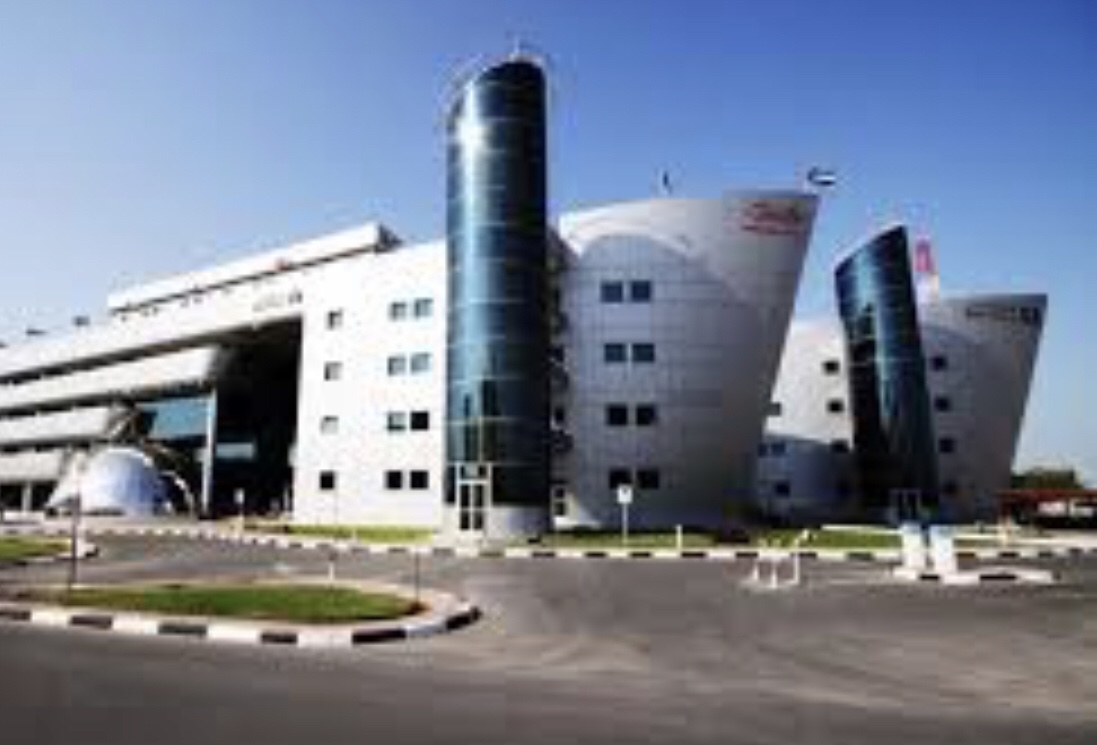
Ahmed Mahboob Musabih, Director-General of Dubai Customs, said the drugs seized at various land, air and sea ports included tramadol, captagon, opium, heroin, cocaine, marijuana, methamphetamine, cannabis seeds, khat and others.
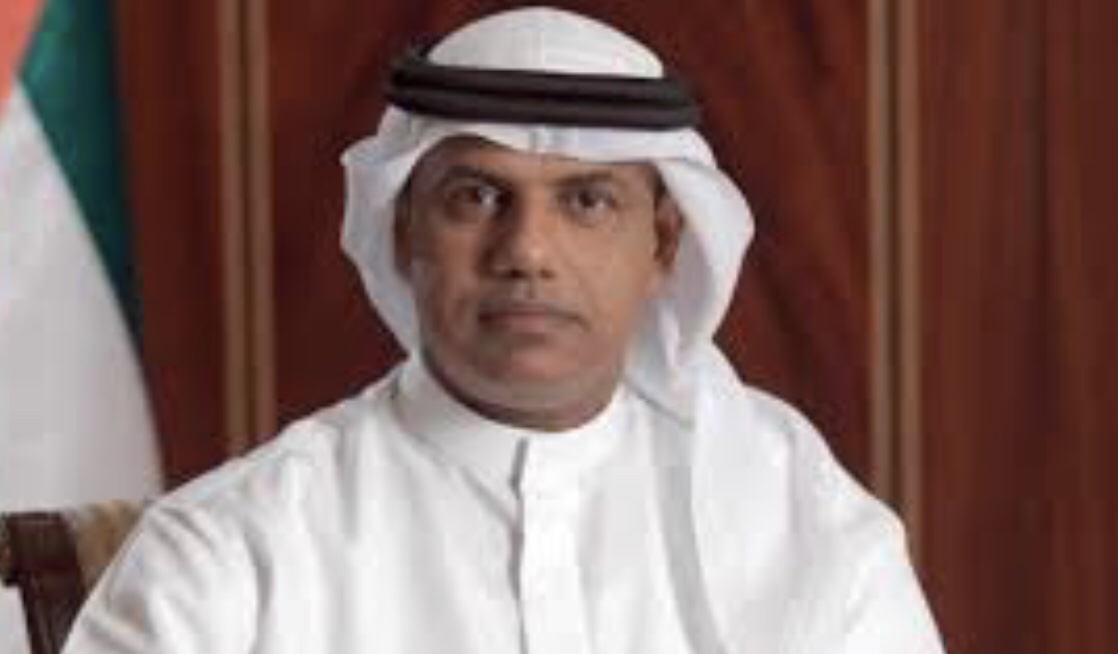
“The biggest illegal drug seizure of the first quarter was reported in Jebel Ali Customs Centre, where an attempt to smuggle 5.7 million captagon pills was foiled.”
The airport passenger operations centre made 269 seizures, while land customs centres thwarted 98 drug smuggling bids, with 50 more seizures happening at air customs centres and three at coastal customs centres.
“Last year, Dubai Customs made 1,105 narcotic seizures, of which the land customs centres made 528 seizures. The airport passenger operations centre had foiled 467 drug smuggling bids while air customs centres made 91 drug seizures, coastal customs centres had 15 and Jebel Ali Customs Centre made four seizures.”
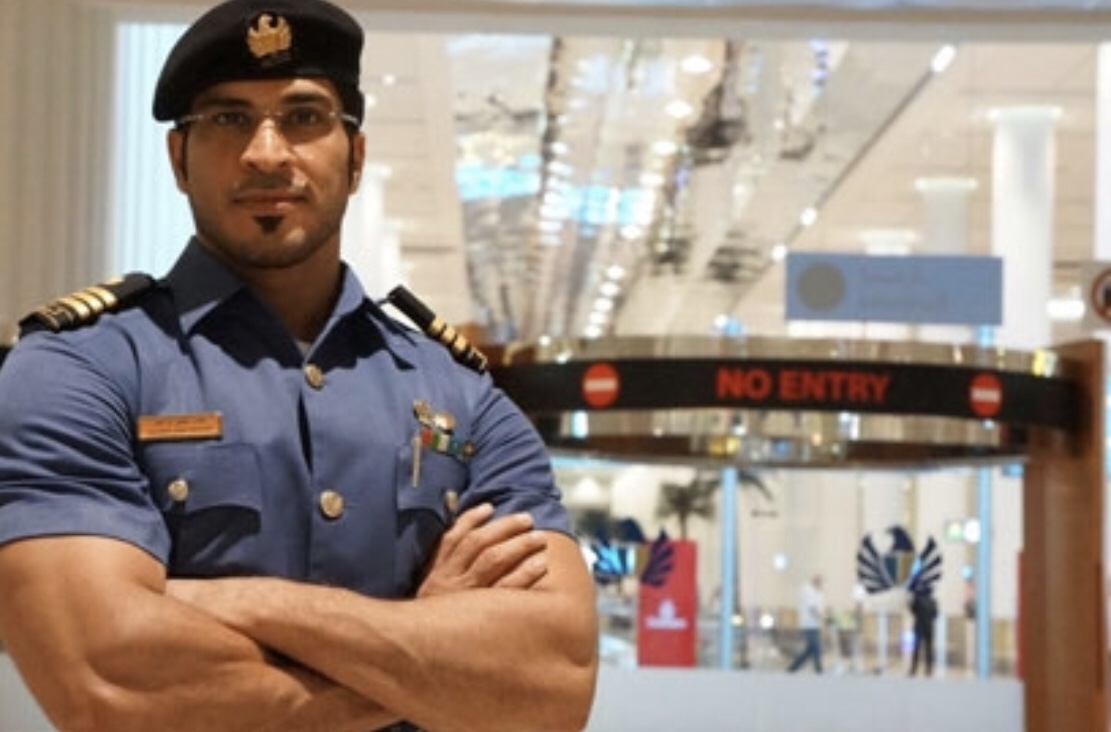
The largest drug hauls in 2018 included 10 million tramadol pills, five million captagon pills, 13kg of cocaine, and 26,000kg of cannabis seeds, he explained.
“All of these were seized by Jebel Ali Customs, while 268kg of drugs and 57,000 narcotic pills were seized at the Dubai airports, and 54kg of drugs were seized by coastal customs.”
I have personally seen the considerable efforts made by Dubai Customs top management and the Customs officers to constantly improve the risk and intelligence based controls and inspections.
On the 3rd of July 2019, on occasion of the WTO Global Review of Aid for Trade, the WCO organized jointly, together with the Swedish Ministry of Foreign Affairs, the Swedish International Development Agency (Sida), the World Bank Group (WBG) and the European Commission, a parallel session on Gender Integration in Aid for Trade Facilitation entitled “Existing tools and lessons learned.”
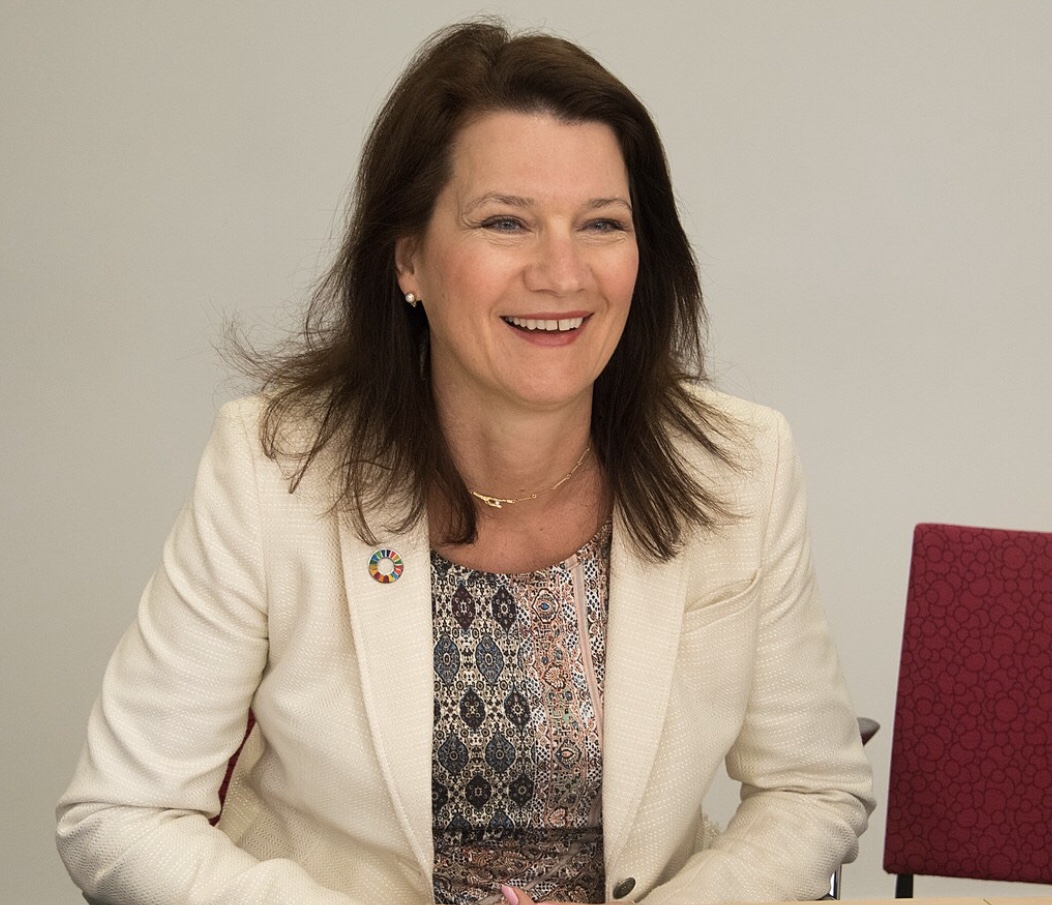
The parallel session was opened by the Minister for Foreign Trade of Sweden, Ms. Ann Linde, who emphasized the importance of integrating gender in Aid for Trade initiatives and called upon international donors to allocate more funding for trade initiatives supporting gender equality.
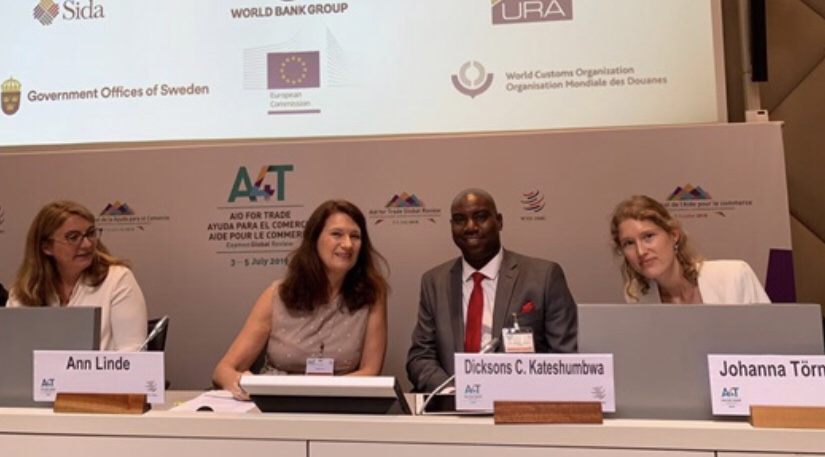
The Minister also highlighted the opportunities generated by the WTO Agreement on Trade Facilitation (TFA) to simplify trade flows which is particularly important for SMEs, many of which are women-owned.
I am proud of living in a country, Sweden, that always is at the forefront when it comes to giving active capacity building and technical assistance to those who need it most.
This time together with our friends. Last year Sweden made the largest contribution as a percentage of gross national income (GNI) in the world at 1.41% and is one of only six countries meeting the United Nations’ ODA target of 0.7% of GNI.
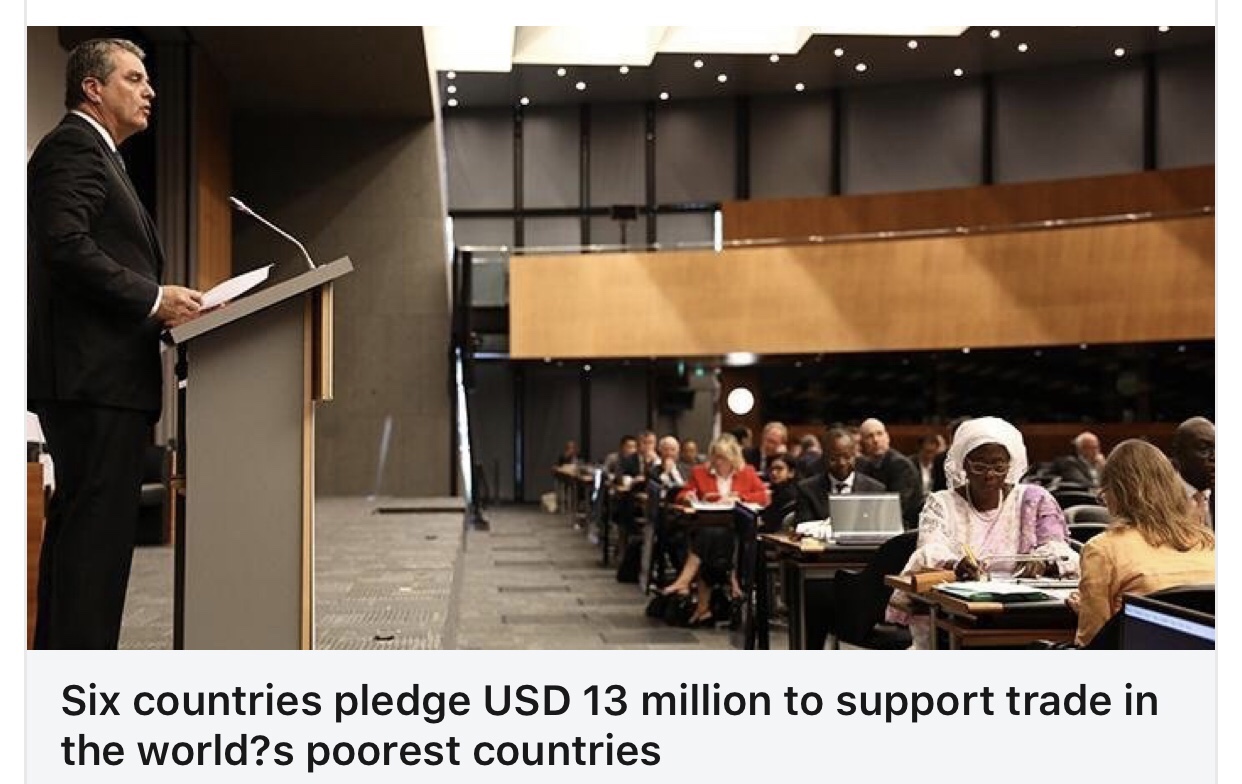
At the WTO Aid For Trade 2019 ecent another step forward in favor of least-developed countries (LDCs) was taken when: Australia, Denmark, Finland, Germany, Japan and Sweden oresented a plan to commit approximately USD 13 million to the Enhanced Integrated Framework (EIF) to increase LDCs’ share of global trade and to help them deal with the impact of current uncertainty in the global trading environment.
You can read more here: LDC Support.
Source: WTO






You must be logged in to post a comment.